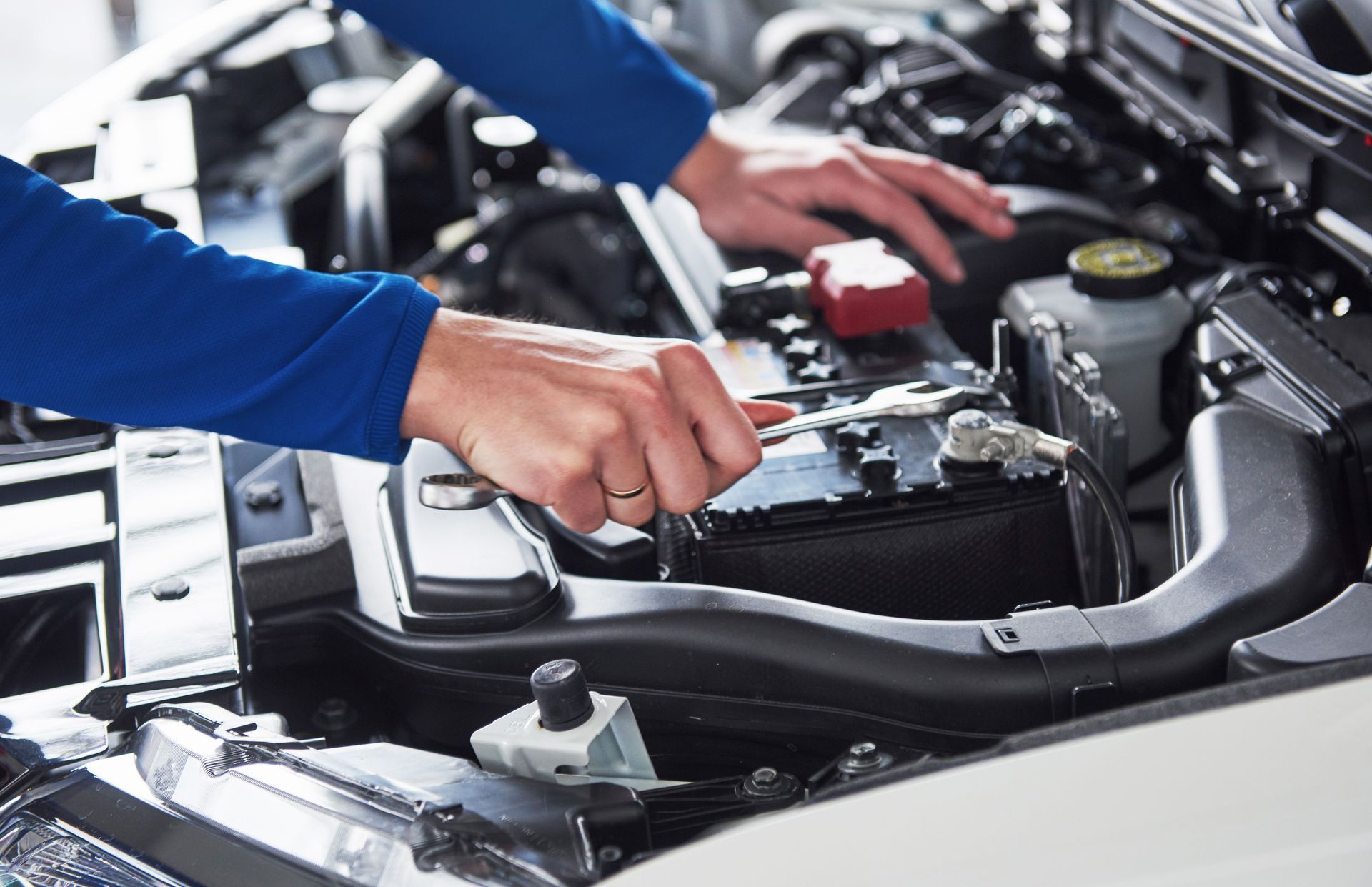Why Are Regular Oil Changes So Important?
Regular oil changes are a critical component of vehicle maintenance, ensuring the longevity and efficiency of your engine. This article explores the multifaceted significance of routine oil changes. By examining the role of oil in engine function, its cooling properties, and how it contributes to efficient engine performance, we will uncover the reasons behind the importance of maintaining regular oil changes.
Additionally, we will look into how oil changes can prevent engine contamination, extend the engine's longevity, and align with manufacturer guidelines. Understanding these various facets will highlight the necessity of routine oil changes, shedding light on their impact on overall vehicle well-being. Visiting a trusted auto shop ensures these services are completed professionally and on schedule. You'll leave with peace of mind that your vehicle is running smoothly.
Engine oil serves as the lifeblood of a vehicle's engine, providing crucial lubrication to the moving parts. Within an engine, countless metal components interact and move against each other, and without proper lubrication, friction would cause rapid wear and tear. The oil creates a thin, slippery barrier that keeps the engine running smoothly by reducing direct contact between parts. This not only minimizes friction but also helps manage the heat generated by the engine's operation. By controlling heat and wear, the oil plays a vital role in maintaining efficient functionality and extending the engine's lifespan. A reputable auto shop can guide drivers on the right oil for their vehicle’s needs.
When an engine lacks sufficient lubrication, the effects can quickly become catastrophic. First and foremost, increased friction leads to overheating, causing metal parts to expand and potentially warp or fuse together. This kind of damage can result in engine seizures or catastrophic failures, necessitating costly and extensive repairs. Over time, the lack of lubrication accelerates wear on engine components, diminishing performance and efficiency. Therefore, keeping the engine properly lubricated is critical to maintaining its smooth operation and preventing premature failure, which is why many drivers rely on an experienced auto shop for routine maintenance.
Regular oil changes are integral to the health and performance of an engine's components. Oil does more than just lubricate; it also helps to clean, cool, and protect the engine. Without regular changes, old oil becomes contaminated with dirt and debris, which can cause deposits and blockages within the engine. These buildups restrict oil flow, further increasing the risk of component wear and failure. Regularly refreshed oil serves as a protective agent, preserving the cleanliness and function of the engine's numerous moving parts, ultimately ensuring reliability and longevity. Scheduling regular service at a trusted auto shop helps prevent these problems from escalating.
Recognizing the signs of inadequate lubrication can prevent severe engine damage. Common symptoms include unusual engine noises, such as knocking or ticking sounds, which indicate increased metal-on-metal contact. Additionally, decreased fuel efficiency and diminished engine performance may signal inadequate lubrication. Drivers might also notice warning lights on the dashboard, indicating low oil pressure or high engine temperature, which necessitate immediate attention. Regular oil checks and forthcoming oil changes can avert these issues before they escalate into significant mechanical problems. Visiting a reliable auto shop ensures these warning signs are addressed quickly and effectively.
Selecting the appropriate engine oil is crucial for effective lubrication and overall engine health. Factors such as vehicle make, age, and typical operating conditions impact the type of oil best suited for a vehicle's engine. Synthetic oils offer superior lubrication and longevity compared to conventional oils, particularly under extreme conditions. According to AAA, with modern lubricant technology, most vehicles require oil changes every 5,000 to 7,500 miles, ensuring optimal operation. Consulting the vehicle's manual and adhering to manufacturer recommendations helps determine the right oil type and change schedule for maximum engine performance and protection. An experienced auto shop can provide expert advice on oil selection and change intervals.
Engine oil plays a critical role in dissipating heat generated by the engine's operation. As the engine runs, internal combustion and friction among moving parts generate considerable heat. Oil circulates through the engine, absorbing and carrying away excess heat to maintain optimal operating temperatures. This process prevents the engine from overheating, which could cause severe damage to its components. By contributing to the engine's thermal regulation, oil supports the engine's overall health and efficient performance. Getting this service done at a professional auto shop ensures proper heat management for your engine.
Engine overheating can lead to catastrophic engine damage if not addressed promptly. Excessive heat can cause metal components to expand beyond their tolerance, resulting in warping, melted or seized parts, and potentially blown head gaskets. Prolonged exposure to high temperatures accelerates oil breakdown, reducing its effectiveness in lubricating and protecting the engine. Drivers may experience reduced engine performance, increased emissions, or severe mechanical failures due to persistent overheating issues. Regular oil changes are one of the crucial measures to prevent overheating by ensuring the oil remains effective in heat dissipation.
Besides oil, the engine's cooling system plays a vital role in temperature regulation. This system consists of components such as the radiator, coolant, and water pump, working together to keep engine temperatures stable. While the cooling system manages excess heat, oil complements its function by lubricating and reducing internal heat generation. Both systems must operate efficiently to maintain a balance that prevents overheating. Routine maintenance, including checking coolant levels and replacing engine oil, ensures both systems function optimally, safeguarding engine performance.
The viscosity of engine oil significantly impacts its efficiency in cooling and lubricating an engine. High-viscosity oils can resist heat better but may flow less efficiently, potentially leading to inadequate lubrication, especially in cold temperatures. Conversely, low-viscosity oils circulate more freely, providing excellent lubrication across a range of temperatures. Choosing the right viscosity helps ensure proper heat dissipation and lubrication across varying operating conditions. Manufacturers often recommend oil viscosity based on the vehicle's design and typical climate, highlighting the importance of selecting oil that aligns with these specifications.
Identifying signs of engine overheating can prevent severe damage and ensure timely intervention. Early warning indicators include rising engine temperature gauges, unusual smells such as burning oil or coolant, and steam emanating from the engine compartment. Diminished vehicle performance, such as slow acceleration or engine misfires, may also indicate overheating issues. Ignoring these symptoms can exacerbate engine damage, necessitating immediate assessment and maintenance. Regular oil changes and engine checks help mitigate overheating risks by removing heat-absorbing contaminants and maintaining optimal lubrication.
Regular oil changes protect your engine by reducing friction, preventing overheating, and boosting overall efficiency. Staying consistent with oil maintenance helps extend engine life while avoiding costly repairs. For expert oil change services at a trusted auto shop , contact Hwy 59 Auto Repair today to keep your vehicle running at its best. Make sure you address your vehicle's oil change sooner rather than later. We look forward to helping you!






